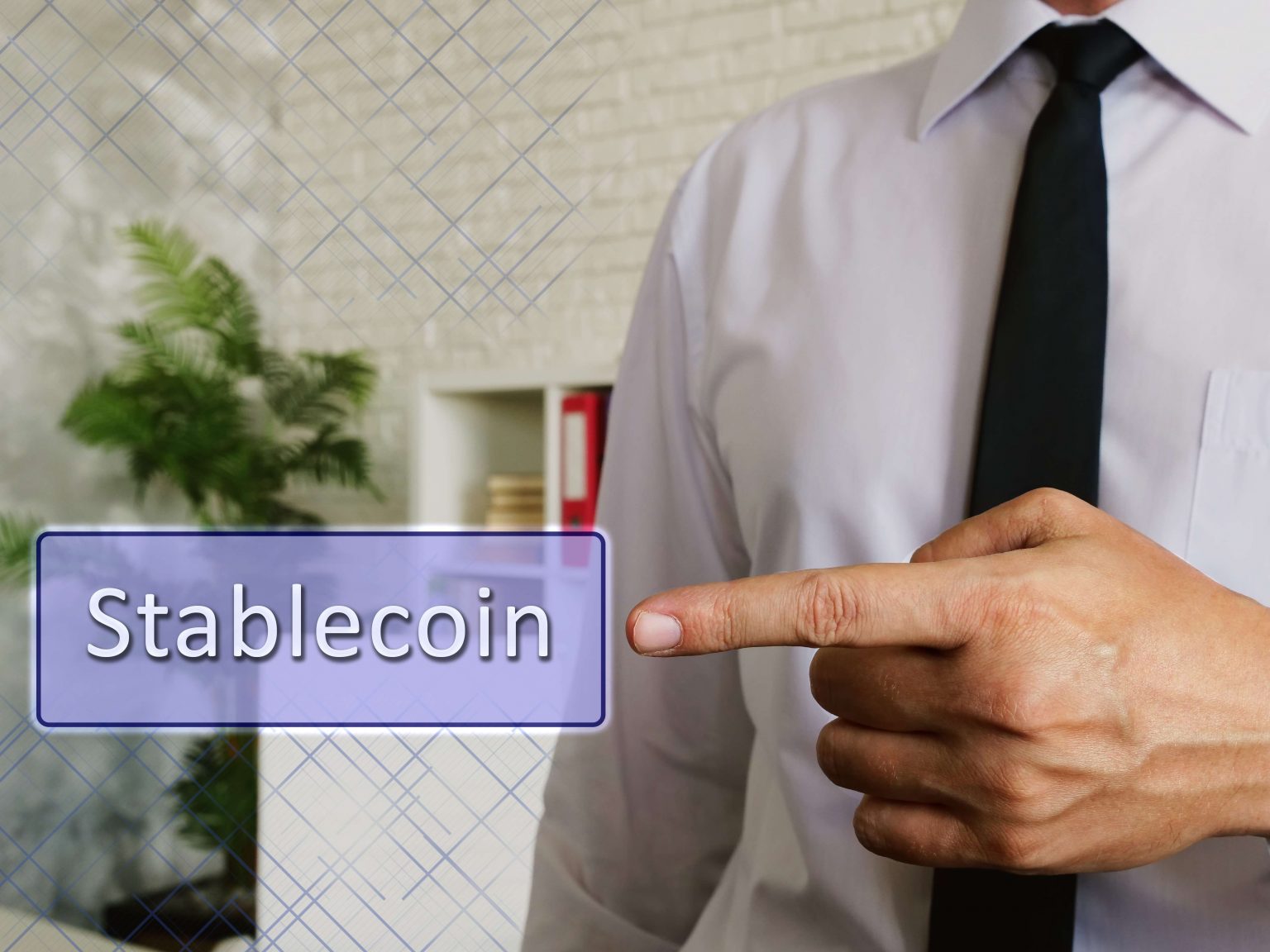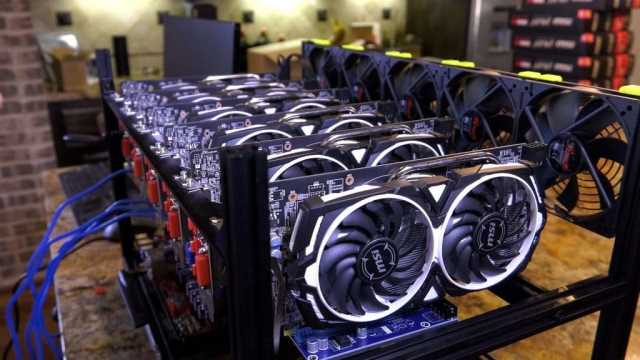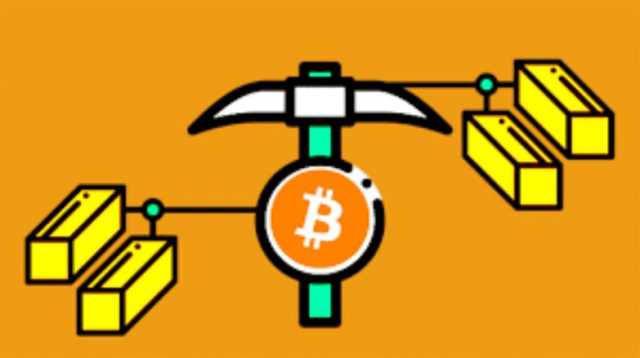
An Ethereum Improvement Proposal (EIP) is a standard way of introducing technical specifications of upgrades or new features in Ethereum’s development. CYBAVO customers don’t fret- as usual you won’t need to take any steps to upgrade to the latest Ethereum protocol, as it will all be done by our technical team. Finally, long-term investors will see an update to ether’s emission schedule and enforcement of ether’s use case as a form of payment for block space. If the merge does not go well during the Shanghai hard fork, its implementation might need to be moved to the succeeding Ethereum Cancún hard fork.

EIP-3529: Reduction in Refunds
The miners would still make money from the new system, but the transaction fees would be more reliable for end-users. A precursor to the Shanghai hard fork was the launch of the “Beacon Chain†last December 2020, which introduced a new Ethereum blockchain that utilizes PoS. Once the Shanghai hard fork becomes operational, the existing PoW mainnet will merge with the Beacon Chain. The Shanghai hard fork will also see the first implementation of “Shard Chains,†Ethereum 2.0’s long-awaited scaling solution. It’s no surprise considering Ethereum’s iterative history that the London Hard Fork won’t be the last network upgrade of Ethereum.
What Is Ethereum London Hard Fork and How Does It Affect You?
- If you are using an Ethereum client like Parity or geth, make sure to update it.
- MEV has caused users on decentralized exchanges to be “front-run” on trades, have transactions cancelled and face higher transaction fees because of frequent transaction reordering.
- Ethereum’s current gas fee model, which lets users bid on who gets to be added to the next block first, will be replaced by a new model that implements a base fee that is burned instead of being used to pay miners.
- EIP-1559’s implementation will make gas fees more affordable, allowing users to enjoy relatively low-cost transactions whether they’re sending payments, conducting DeFi schemes, or minting non-fungible tokens (NFTs).
- If the merge does not go well during the Shanghai hard fork, its implementation might need to be moved to the succeeding Ethereum Cancún hard fork.
It can be hard to imagine but some things like NFTs or 2 ETH block rewards were not always present. In 2016, the network was hard forked four times, with DAO fork being the most significant. It rewrote the history of the blockchain to mitigate the DAO hack and caused Ethereum Classic to branch off. Next upgrade, Metropolis, consisting of two hard forks, Byzantium and Istanbul, stretched out from 2017 to 2019. Some of EIPs that were supposed to be included in the Istanbul hard fork, ended up in the Berlin upgrade this spring. “Difficulty bomb†is a mechanism designed for an eventual transition from Proof-of-Work (PoW) to Proof-of-Stake (PoS) which will make mining unfeasible once PoS Ethereum is functional.

What is the Ethereum London Hard Fork?

Users of the network will now have a new fee market that will change how their transactions are prioritized and will add predictability to transaction fees. While the Ethereum Foundation’s decision to do away with unreliable and ever-changing Ethereum Hard Fork transaction fees is a momentous occasion for the Ethereum network and crypto enthusiasts, it has been coming for a while. The London hard fork is the first step towards the Ethereum Casper upgrade as part of the Ethereum 2.0 overhaul.
- If the switch to Ethereum 2.0 turns out to be successful, it will help Ethereum’s huge DeFi ecosystem reduce the crippling over-congestion that’s currently rendering the system well-nigh unusable for the most part.
- EIP 3554 delays the “difficulty bomb†that is coded to make mining more difficult, essentially “freezing†it in preparation for Ethereum’s transition away from a proof of work model.
- Proponents of the change claim in the long term this will further keep total supply of ETH from inflating and depreciating.
- This development is expected to encourage miners on Ethereum 1.0 to move to Ethereum 2.0 as soon as it goes live.
- Perhaps the most widely debated change that EIP 1559 implements is one that affects miner rewards.


